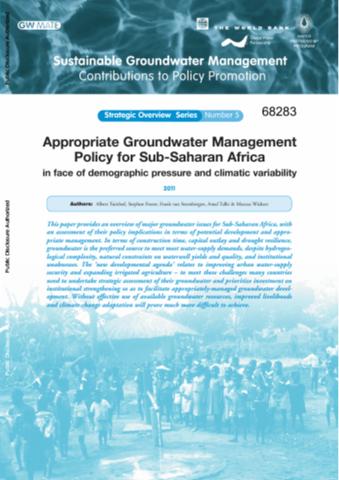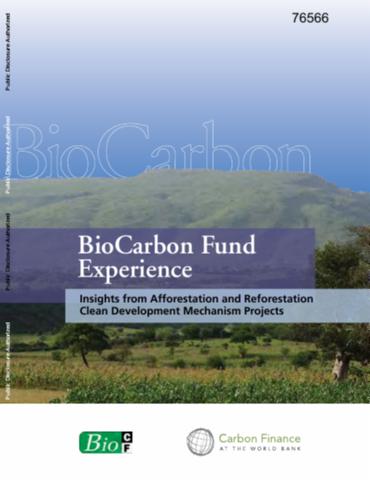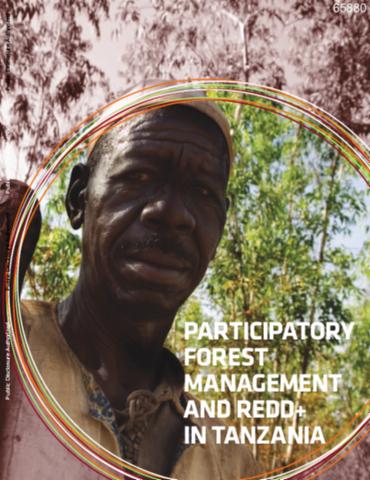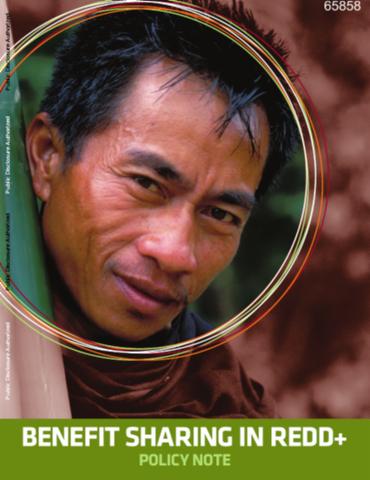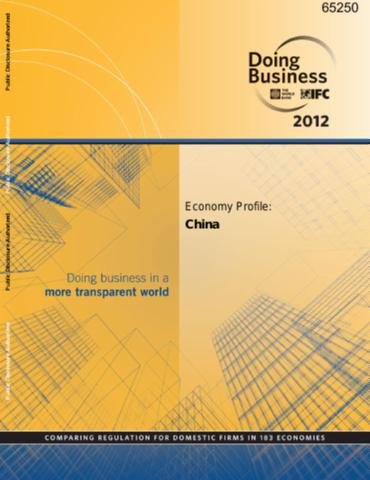The World Bank is a vital source of financial and technical assistance to developing countries around the world. We are not a bank in the ordinary sense but a unique partnership to reduce poverty and support development. The World Bank Group has two ambitious goals: End extreme poverty within a generation and boost shared prosperity.
- To end extreme poverty, the Bank's goal is to decrease the percentage of people living on less than $1.25 a day to no more than 3% by 2030.
- To promote shared prosperity, the goal is to promote income growth of the bottom 40% of the population in each country.
The World Bank Group comprises five institutions managed by their member countries.
The World Bank Group and Land: Working to protect the rights of existing land users and to help secure benefits for smallholder farmers
The World Bank (IBRD and IDA) interacts primarily with governments to increase agricultural productivity, strengthen land tenure policies and improve land governance. More than 90% of the World Bank’s agriculture portfolio focuses on the productivity and access to markets by small holder farmers. Ten percent of our projects focus on the governance of land tenure.
Similarly, investments by the International Finance Corporation (IFC), the World Bank Group’s private sector arm, including those in larger scale enterprises, overwhelmingly support smallholder farmers through improved access to finance, inputs and markets, and as direct suppliers. IFC invests in environmentally and socially sustainable private enterprises in all parts of the value chain (inputs such as irrigation and fertilizers, primary production, processing, transport and storage, traders, and risk management facilities including weather/crop insurance, warehouse financing, etc
For more information, visit the World Bank Group and land and food security (https://www.worldbank.org/en/topic/agriculture/brief/land-and-food-security1
Resources
Displaying 4551 - 4555 of 4907Appropriate Groundwater Management Policy for Sub-Saharan Africa
This paper provides an overview of major groundwater issues for Sub-Saharan Africa, with an assessment of their policy implications in terms of potential development and appropriate management. In terms of construction time, capital outlay and drought resilience, groundwater is the preferred source to meet most water-supply demands, despite hydro geological complexity, natural constraints on water well yields and quality, and institutional weaknesses.
BioCarbon Fund Experience
Carbon finance recognizes the contribution of projects to mitigating climate change. To be able to access carbon finance, projects can certify their emission reductions under a variety of standards, one of which is the Clean Development Mechanism (CDM) of the United Nations Framework Convention on Climate Change (UNFCCC). Project developers can sell their carbon credits either in the voluntary or the regulated market.
Participatory Forest Management and REDD+ in Tanzania
Tanzania's land, local government and forest laws mean that rural communities have well defined rights to own, manage and benefit from forest and woodland resources within their local areas through the establishment of village forests. This approach, known by practitioners as Community Based Forest Management (CBFM) results in the legal establishment of village land forest reserves, community forest reserves or private forests. By 2008, 1,460 villages on mainland Tanzania1 were involved in establishing or managing village forests covering a total of over 2.345 million hectares.
Benefit Sharing in REDD+
International policies to reduce carbon emissions from deforestation and degradation (REDD+) envisage the creation of financial incentive mechanisms that reward forest protection efforts and adequately compensate those actors that face new costs. In order for REDD+ to achieve these objectives, effective benefit sharing systems will need to be implemented. Benefit sharing in REDD+ could take a wide variety of forms depending on the policies used to achieve REDD+ objectives.
Doing Business Economy Profile 2012
Doing Business sheds light on how easy or difficult it is for a local entrepreneur to open and run a small to medium-size business when complying with relevant regulations. It measures and tracks changes in regulations affecting 10 areas in the life cycle of a business: starting a business, dealing with construction permits, getting electricity, registering property, getting credit, protecting investors, paying taxes, trading across borders, enforcing contracts and resolving insolvency.






